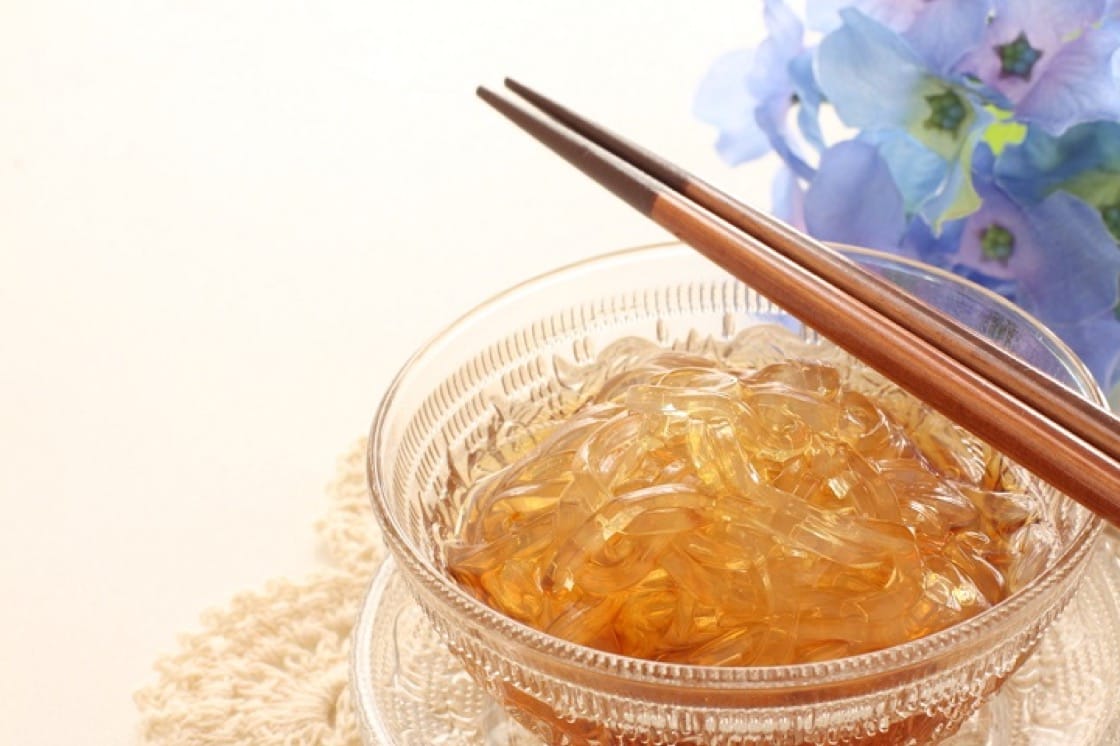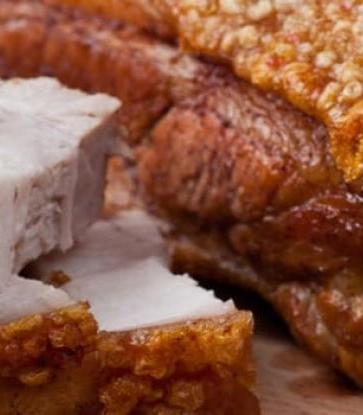However, choose wisely as some versions are comparatively healthier than others. These jelly and pudding products contain a mix of gelatine, citric acid, carrageenan, xanthan gum and artificial flavourings that are often labelled as junk food. These ingredients lack health benefits and hinder our body’s absorption of nutrients.
For instance, gelatine is a substance extracted from fish, pig skin and cow’s bones, while carrageenan could add burden to our digestive system. A number of the so-called fruit jellies available in the market are known for using refined sugar and artificial flavourings to imitate the taste of real fruits. Thankfully, there are some plant-based alternatives such as kanten, aiyu and konjac, which make for guilt-free snacking.

Kanten
Kanten is a kind of agar extracted from seaweed. It gels effectively and has lots of dietary fibre which curbs the feeling of hunger. Combined with its very low calorie content, it’s a darling for those who are trying to lose weight. In addition, kanten boasts the benefits of stabilising blood sugar levels, lowering cholesterol levels, protecting the cardiovascular system and facilitating bowel movements. The gel is used extensively in Japanese wagashi, producing popular desserts such as mango kanten jelly, plum and matcha kanten jelly, azuki bean and milk kanten jelly.

Konjac
Konjac comes from an edible tuber, which is sliced, ground into powder and mixed with water — its water content is higher than 90%. It contains a great amount of soluble fibre and some vitamins, which is helpful to digestion. Not only is konjac low in calories, it also imparts a feeling of fullness and is therefore adored by those on diet. It has the extra advantages of controlling blood sugar levels and reduce the risk of cardiovascular diseases. Beware that konjac is colourless and tasteless in its original form. It is recommended to avoid products with sugar and artificial colouring added to them.

Aiyu
Aiyu is a plant exclusively grown in Taiwan. According to classical literature in traditional Chinese medicine, pure pectin from aiyu helps to resist aging, improves skin conditions and nurtures the throat. This pectin is a form of soluble dietary fibre, which gives off the feeling of satiety and decreases cholesterol levels. Pectin enzyme, another primary constituent of aiyu, promotes intestinal movement and healthy bowels.
Similar to konjac, aiyu is an ideal dieting food, since it has very few calories and consists of over 90% water. The preparation method is also important to get the most out of it. Some aiyu dessert recipes negate its slimming potential with the use of sugar. A healthy dose of honey and lemon is sufficient to turn it into a delicious treat.
READ ALSO: The Skinny On 6 Trendy, Good Fats

















